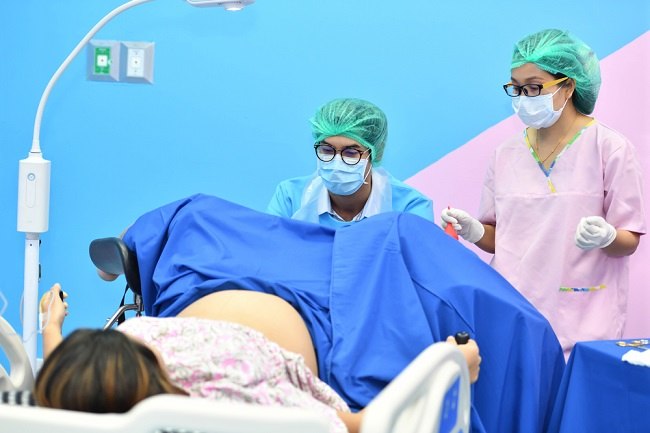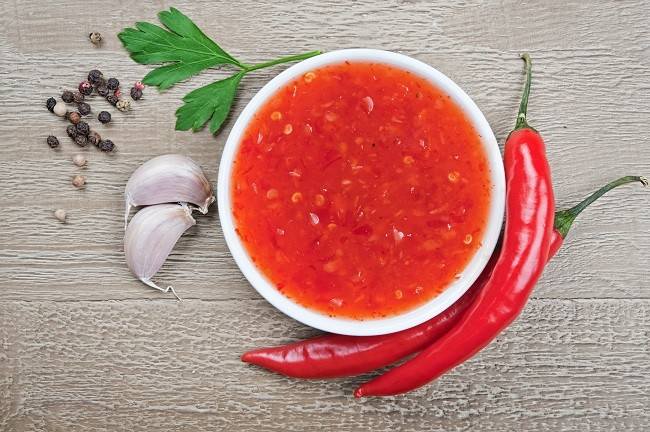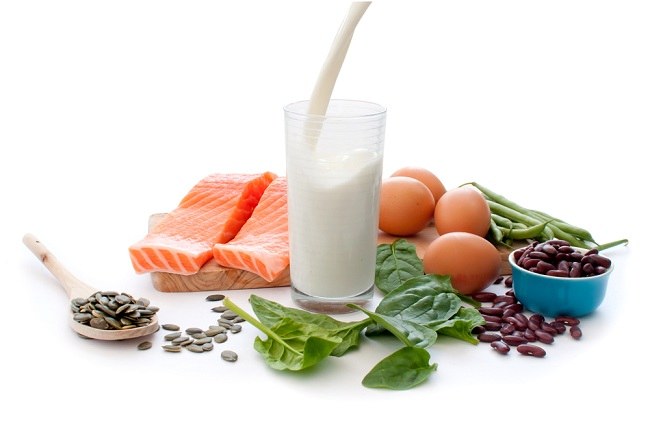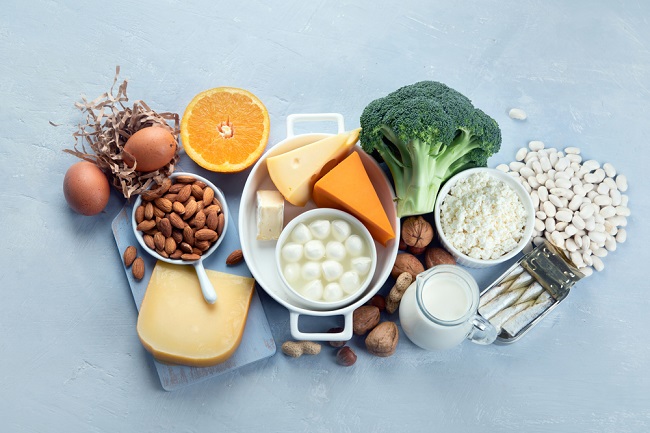When the child You are allergic to cow's milk, there are several alternatives to cow's milk that can you give to meet nutritional needshis. One of them is milk formula fortified with iron and vitamin C.
Cow's milk allergy is a condition when the body's immune system overreacts to the protein in cow's milk. Symptoms of this condition may vary from child to child, but generally include an itchy red rash, swelling, sneezing, runny nose, cough, watery eyes, stomach pain, or vomiting.

The Role of Iron and Vitamin C in Children Who Are Allergic to Cow's Milk
Children who are allergic to cow's milk are at risk for iron deficiency. In fact, iron is needed in the formation of red blood cells which function to distribute oxygen throughout the body, so that the cells and organs of the body can work optimally.
Lack of iron intake in the long term can cause children to develop iron deficiency anemia. In addition, iron deficiency in children is also known to cause growth disorders, behavioral disorders, and delays in the learning process.
Not only iron, children who are allergic to cow's milk can also lack a variety of other nutrients because they have to avoid all foods or drinks that contain cow's milk.
A study shows that children who are allergic to cow's milk tend to experience a deficiency in the intake of healthy fats, calcium, vitamin D, and vitamin A. In fact, these nutrients are important for child growth.
In order for their nutritional needs to be met, children who are allergic to cow's milk need to get their nutritional intake from food, especially those that contain lots of iron. Some food sources of iron that are also rich in nutrients are:
- Chicken, beef or mutton
- Fish
- Chicken liver or beef liver
- Egg
- Vegetables, such as spinach or broccoli
- Legumes, such as soybeans or kidney beans
- Tofu and tempeh
In addition, children who are allergic to cow's milk also need to get adequate intake of vitamin C, because this vitamin can help absorb iron from food. Vitamin C can also accelerate the wound healing process and strengthen the child's immune system, so that children do not get sick easily.
Intake of iron and vitamin C is very important for children with cow's milk allergy. In addition to giving your child food that is rich in these two nutrients, you can also give him an alternative milk to replace cow's milk, such as milk based on soy protein isolate, which contains a combination of iron and vitamin C.
However, you need to pay attention to the levels. The ratio of the right levels for the combination of iron and vitamin C is 4:1. If the ratio of the levels of nutrients in milk is right, the benefits for the health and development of children will be more optimal.
Allergy Response with 3K+
If you have a child with allergies or suspect that your child has allergies, do the 3K+, namely:
- Recognize the symptoms. Look for information from reliable sources about allergy symptoms in children. Symptoms that generally appear are rash, swelling, itching, sneezing, runny nose, watery eyes, stomach pain, vomiting, and diarrhea.
- Consult a doctor if you have allergy symptoms in your child. The doctor will perform a series of tests to determine whether the child has allergies and determine the type of allergy.
- Control your child's allergies by avoiding allergen triggers. If your child is allergic to cow's milk, replace the milk with another type of milk, such as formula based on soy protein isolate.
- Develop the potential of children by providing the right stimulation.
Now available a variety of growth formula milk substitute for cow's milk. This certainly makes it easier for parents whose children are allergic to cow's milk. However, do not just choose formula milk products for children.
One type of formula that you can choose for a child who is allergic to cow's milk is soy protein isolate-based milk which is fortified with a unique combination of iron and vitamin C. Also, make sure the formula you choose contains fish oil, omega-3 fatty acids, and omega-3 fatty acids. 3 and omega-6, calcium, and vitamin D.
If you still have questions about what foods should be given or limited to children who are allergic to cow's milk, don't hesitate to consult a doctor.









